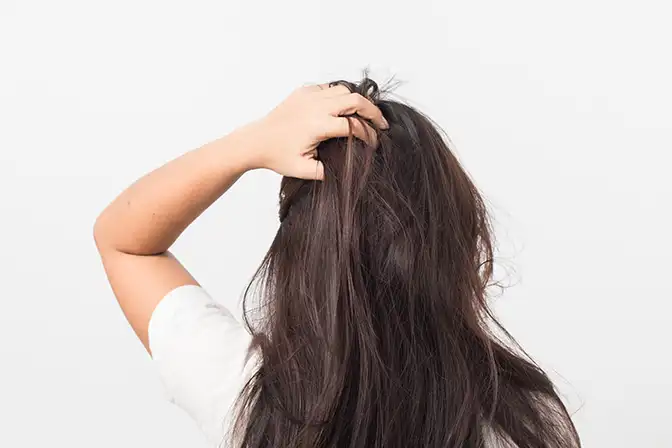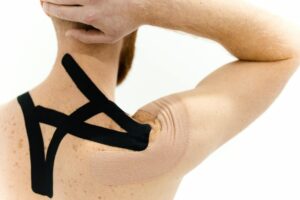Beyond its famous role in our morning coffee, caffeine has become a standout ingredient in skincare, known for its powerful effects on both skin health and appearance. Packed with antioxidants and anti-inflammatory properties, it works at a cellular level to protect, repair, and energize the skin. Because it can penetrate deep into the skin layers, caffeine delivers targeted effects, helping improve everything from dark circles and puffiness to skin firmness and even hair growth.
Let’s dive into the science behind caffeine’s unique properties and explore how this energizing compound can give your skincare routine a boost.
How Caffeine Works Beneath the Surface
Boosts Cellular Energy and Absorption
Caffeine’s structure allows it to move easily through the skin, making it especially effective in reaching deeper layers. Once inside, it interacts with skin cells, helping to activate energy processes that keep skin firm and resilient. This cellular boost is key for a refreshed, energized appearance.
Enhances Microcirculation for Detox
Every day, our skin faces pollution and other toxins that clog pores and cause dullness. By improving blood flow, caffeine helps clear out these unwanted elements, leaving skin looking bright and refreshed. This action is a major reason why it’s used in products for clearer, healthier skin.
Supports Skin Renewal
Damage from UV exposure and environmental stressors can slow skin’s natural renewal. Caffeine encourages the removal of these damaged cells, helping skin regenerate more effectively. This renewal is helpful in treating dark spots, uneven skin tone, and fine lines.
Popular Skincare Uses for Caffeine
Firming and Smoothing
In anti-aging products, caffeine helps skin retain elasticity and firmness as it ages. By supporting collagen, it can reduce the visible signs of aging and help keep skin firm and smooth.
Reducing Cellulite Appearance
Caffeine’s unique ability to target fat cells has made it popular in cellulite creams. It helps break down fat deposits in areas like thighs and hips, leaving skin looking smoother and more even-textured.
Boosting Hair Health
Caffeine has been shown to improve blood flow to hair follicles, which can help with hair thinning and loss. By stimulating the scalp, it supports fuller, healthier hair growth.
Minimizing Puffy Eyes and Dark Circles
For reducing eye puffiness, caffeine is a trusted ingredient. Its effect on blood vessels reduces swelling and brightens under-eye circles, making it a common choice in eye creams.
Potential Side Effects and Best Practices
Caffeine brings a broad range of benefits, from detoxifying and energizing the skin to working well in anti-aging and eye treatments. It’s also gentle enough for most skin types, giving people with sensitive skin a safe option for various concerns.
Although it’s safe for most, high doses of caffeine in skincare may slow down skin recovery or affect elasticity if used in high concentrations long-term. Choosing products that balance caffeine with other hydrating ingredients is the best way to get all the perks without drawbacks.
Combining Caffeine and Vitamin C in Skincare
Caffeine and Vitamin C are a powerhouse duo when it comes to skincare. Both ingredients target tired, dull skin but in different ways—while caffeine reduces puffiness and increases microcirculation, Vitamin C brightens the skin and helps fade dark spots. When combined, they create a two-in-one solution that can both energize the skin and promote a glowing complexion. This pairing works especially well in morning routines, as it wakes up the skin and provides antioxidant protection against environmental stressors throughout the day.
Is Caffeine in Skincare Safe During Pregnancy?
Topical caffeine is generally considered safe for expectant mothers when used in moderation. Unlike caffeine in drinks, topical applications don’t absorb into the bloodstream in significant amounts, making them a lower-risk option. However, it’s always wise to consult with a healthcare provider before adding new products to your routine during pregnancy.
References:
AcneAdvocate is a participant in the Amazon affiliate advertising program and this post may contain affiliate links, which means we may earn a commission or fees if you make a purchase via those links.





